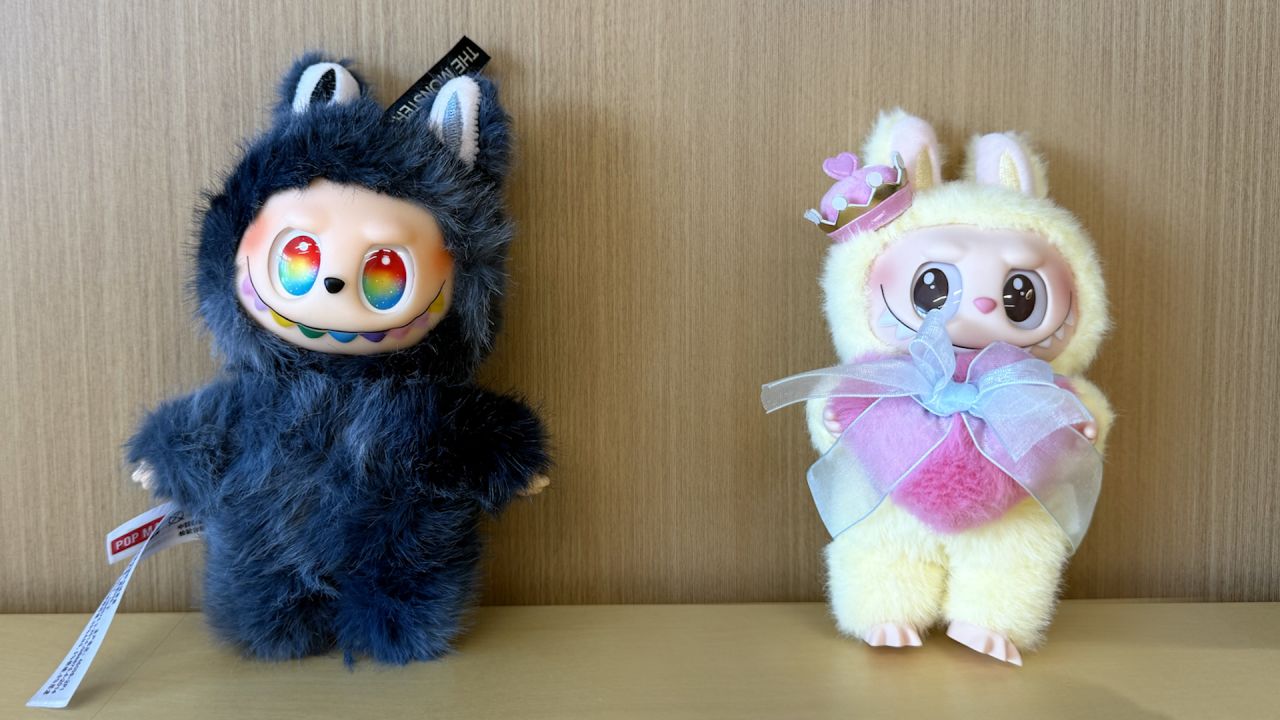The Chinese government has initiated a significant crackdown on counterfeit plush toys known as “Lafufu,” which have surged in popularity due to ongoing shortages of the original Labubu dolls produced by the renowned company, Pop Mart. This effort aims to protect consumers and uphold the integrity of the manufacturing industry.
The rise of Lafufu toys can be attributed to the increasing demand for Labubu dolls, which are characterized by their unique designs and collectible nature. As the original products have become scarce, counterfeit versions emerged, leading to concerns about quality and safety. The counterfeit industry thrives on the popularity of legitimate products, often creating imitations that mislead consumers.
In 2023, the Chinese government announced a series of measures targeting the production and distribution of these fake toys. Law enforcement agencies have conducted raids on factories and warehouses known for producing Lafufu dolls. Officials have emphasized the importance of protecting intellectual property rights and ensuring that consumers receive safe and reliable products.
According to reports from the China National Intellectual Property Administration, approximately 5,000 counterfeit Lafufu toys were seized in a recent operation in Guangdong Province. The crackdown is part of a broader campaign to combat counterfeiting across various industries, reflecting China’s commitment to enhancing product safety and consumer trust.
The impact of these counterfeit toys extends beyond consumer safety; it also poses a threat to legitimate businesses. Pop Mart, which has seen a rise in popularity and sales of its Labubu dolls, faces challenges from these imitations that could undermine its brand reputation. The company has previously stated its dedication to fighting counterfeiting and protecting its intellectual property.
As the crackdown continues, authorities are calling on consumers to remain vigilant when purchasing toys. They advise checking for official branding and purchasing from reputable retailers to avoid unintentionally supporting the counterfeit market. This initiative not only aims to safeguard consumers but also to foster a fair competitive environment for legitimate manufacturers.
The situation highlights the ongoing challenges faced by both consumers and businesses in a market where counterfeit products can easily infiltrate the supply chain. By taking decisive action against Lafufu, the Chinese government aims to bolster confidence in the toy industry while promoting adherence to intellectual property laws.
Moving forward, authorities plan to enhance public awareness campaigns about the risks associated with counterfeit goods. Educating consumers about how to identify genuine products will be crucial in reducing the demand for fakes and supporting legitimate manufacturers like Pop Mart.
In conclusion, the crackdown on Lafufu toys underscores the importance of protecting both consumers and businesses from the adverse effects of counterfeiting. The outcome of these efforts will likely shape the future landscape of the toy industry in China, influencing how products are marketed and sold.





































































